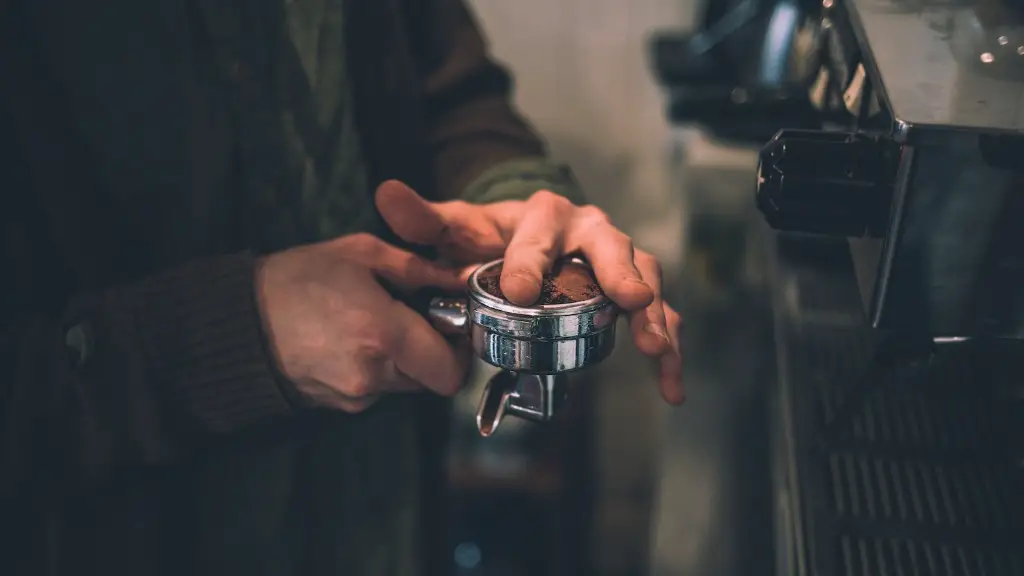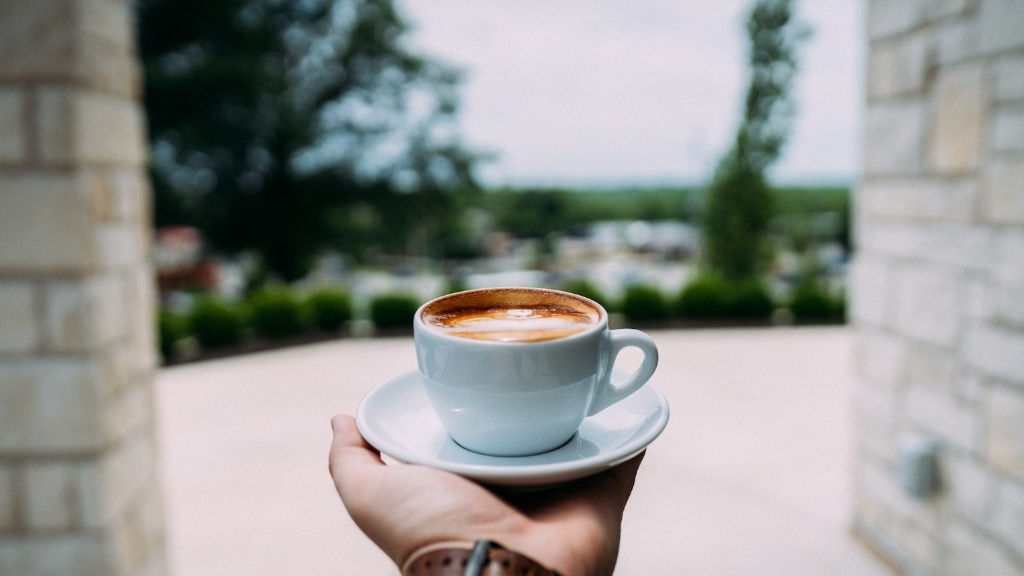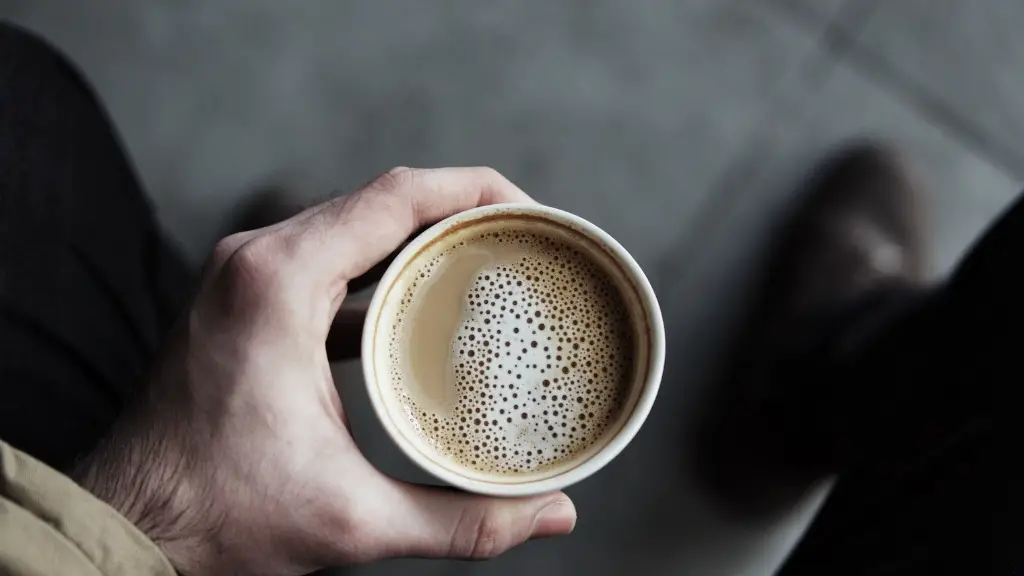The Impact of Coffee on Weight Loss
Drinking coffee has become the norm in many parts of the world, and its consumption is growing. While popularly believed to be healthy, there is debate whether drinking coffee when trying to lose weight is beneficial or detrimental. From the perspective of calories, coffee is a very low-calorie drink, totally free of fat and cholesterol. Thus, in and of itself, coffee does not add calories to your daily diet except if you add creams, milks, and other sweeteners.
But caffeine, the main ingredient in coffee, is known to be a central nervous system stimulant, elevating heart rate and body temperature, and increasing blood pressure. Uncontrolled and excessive consumption of caffeine can lead to insomnia, restlessness, and nervousness, which can negatively affect weight loss efforts. But when taken in moderation, according to one study presented by the Faculty of Pharmacy at the University of Granada in Spain, caffeine intake can increase thermogenesis and fat oxidation in the human body, helping to reduce overall body fat levels.
Other studies published by The University of Birmingham and the Harvard Medical School indicate that moderate consumption of coffee helps reduce insulin levels, by blocking its production. Higher insulin levels are associated with higher sugar levels, and sugar is an enemy when it comes to weight loss plans. Thus, logically, lower insulin levels lead to less sugar intake and fewer fatty deposits, supporting weight loss efforts.
Drinking coffee is also considered helpful in curbing appetites and skip meals. Compounds in the drink, such as chlorogenic acid, work in the body to prevent absorption of glucose from the digestive tract. So when it comes to feeling full and satisfied after meals, drinking moderately amounts of coffee can help reduce and control hunger cravings, be it before or after meals.
In moderation, however, coffee may provide the needed energy kick to help the weight loss process. With its hormetic properties, caffeine improves cognitive performance and helps maintain energy levels for longer periods of time. A study conducted in Switzerland found that with moderate drinking, caffeine helps maintain physical performance throughout workouts, allowing for a more prolonged and intense exercise regime that is also more likely to burn more fat.
On the flip side, too much coffee can have negative effects on weight loss efforts. So if planning to drink coffee while aiming to lose weight, balance is key. Planning a recovery day, where no coffee is consumed, may be essential to monitor the body’s response to coffee consumption without over consumption.
The Different Types of Coffee
With the proliferation of coffee consumption, the number of coffee varieties has also increased. It can be difficult to know which type of coffee is most suited for weight loss as caffeine or added cholesterol-rich ingredients might be added even in decaf coffee. Generally, drinking black coffee is the best option for weight loss because it has no calories from fat or sugar.
In general terms, cafetiere, filter coffee, and French pressing are good options to drink when looking to reduce weight. Caffeinated drinks are best avoided in large quantities because of the intake of unnecessary calories and the risks associated with over consumption. For example, canned and Frappe coffee contain many calories, including fat and sugar, that can be detrimental to weight loss efforts.
Another form of coffee, Bulletproof coffee, is becoming a popular drink amongst individuals wanting to reduce body fat. While it is known for its benefits due to its high fat content, it contains 410 calories per cup. This high-calorie intake can be counterproductive for weight loss, and further research of the long-term effects of this type of coffee is needed in order to truly establish its benefits.
Alternatives for Coffee
Through its pleasing taste and psychological effects, coffee is the choice of beverage for many individuals. However, if the overall goal is to lose weight, choosing the right substitute is essential. Green tea, herbal teas (Chamomile, Mint), and decaf tea are some of the substitutes in this case. They have several health benefits, including a decreased risk of different diseases.
Green tea, for instance, is known to boost metabolism, allowing your body to more efficiently burn fat and calories, while also providing anti-oxidants that benefit your health. Herbal teas have calming effects, offering relaxation and stress relief, two of the main causes of weight gain. Decaf tea is also a good option due to its low concentration of caffeine and significant antioxidant properties.
Tips for Successful Weight Loss with Coffee
Excessive caffeine intake can be devastating to weight loss efforts, and it will not help if individuals simply drink coffee with the purpose of losing weight. Therefore, here are some tips for individuals to ensure successful weight loss with coffee:
- Drink 1-2 cups of coffee every day to get its benefits without overdoing it.
- Start with decaffeinated coffee and increase caffeine intake gradually.
- Consume black coffees and teas in the mornings, avoiding any type of milk and sugars added to them.
- Include a recovery day in the weekly dietary plan in order to monitor the body’s reaction to coffee.
- Replace high-calorie snacks with small amounts of black coffee, without added sugar.
The Benefits of Coffee for Weight Loss
In conclusion, drinking coffee when trying to lose weight has a variety of benefits. From its ability to control hunger cravings, improve cognitive performance, and boost metabolic rate, to the power of antioxidants for overall health, if taken in moderation and with the right type of coffee, drinking coffee can be a great ally for achieving weight loss goals.
The Drawbacks of Coffee for Weight Loss
At the same time, over consumption of coffee due to its high levels of caffeine can be counterproductive when trying to lose weight. Coffee should be taken with moderation in order to avoid high levels of calorie intake, and individuals should develop the right diet, exercise, and recovery plan in order to monitor the body’s response to coffee. Bulletproof coffees should be consumed with caution, as they can be packed with high levels of calories.



